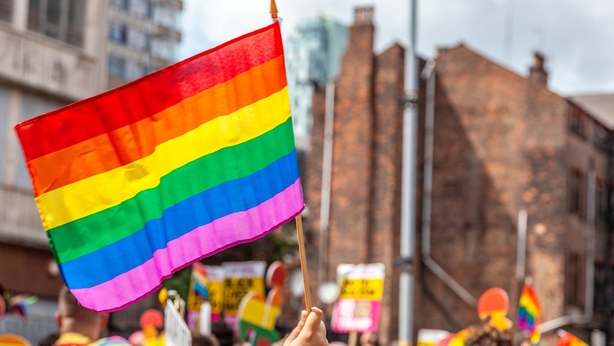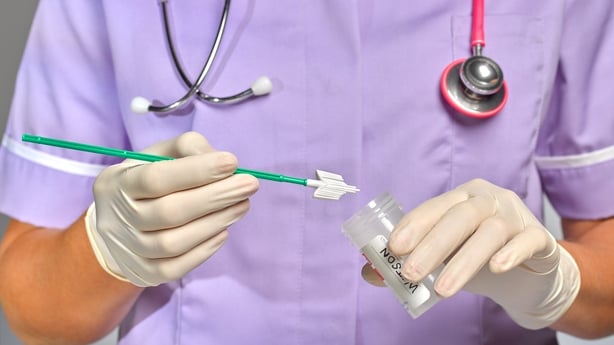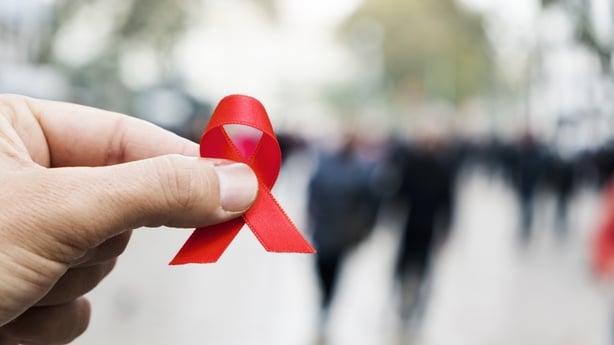A new 'Tackle HIV' survey conducted across the six nations of England, Scotland, Ireland, Wales, France and Italy outlines differences in attitudes to sexuality, sexual health and HIV.
The campaign is funded by ViiV Healthcare, part of GSK in Ireland, and aims to change public perceptions and tackle misunderstanding and stigma related to HIV through creating dialogue around HIV and normalising HIV testing.
Homosexuality & Bisexuality
The Tackle HIV survey of over 6000 adults across the six nations (including 1,000 in Ireland) showed that only 66% and 63% of people asked said they were completely accepting of homosexuality and bisexuality respectively. Approximately one in ten claimed they were not at all accepting.
In Ireland, 74% and 72% said they were completely accepting and supportive of homosexuality and bisexuality respectively.

Sexual Health
The report showed that attitudes to sexual health varied across the nations with 84% of people asked saying their sexual health is a high or very high priority (87% in Ireland).
However, the results suggest otherwise with only 53% and 45% saying they would consider having a test for either a sexually transmitted infection (STI) or HIV respectively. Among Irish respondents, 57% said they would consider an STI test and 40% reported they would consider a HIV test.
Only 31% and 18% of Irish respondents reported having had an STI or HIV test previously. 26% of Irish respondents said they would not consider a HIV test as they do not think they are at risk. This ranged from 24% in Italy to 33% in Scotland and Wales.

Speaking about the results, Welsh rugby star Gareth Thomas who is in partnership with Terrence Higgins Trust and ViiV Healthcare said:
"I am so frustrated that these attitudes still exist. Sex is still seen as a taboo subject that people don’t like talking about. This feeds into the stigma around sexuality and sexual health, including STIs including HIV, which is very damaging."
"We need to improve people’s acceptance and understanding of sexuality and HIV to remove the stigma that prevents testing. The only way to know your HIV status is to test and we need to normalise testing so that it’s not thought of as any different to testing for anything else. Attitudes can change and I’m determined to do everything I can to make that happen."

HIV
The survey also revealed a lack of understanding about who can be affected by HIV. Overall, 50% and 52% of people surveyed reported that they do not think heterosexual men and women respectively are at risk of acquiring HIV.
In Ireland, 46% and 49% of people surveyed said that they do not think heterosexual men and women respectively are at risk of HIV.
For 2020, 64 new diagnoses of HIV were reported by the Health Protection Surveillance Centre among heterosexual men.

Stigma
Stigma can affect many aspects of a person’s life including accessing testing, treatment and services, mental health and relationships.
58% of people surveyed in Ireland reported that if their partner was diagnosed with HIV they would (17%) or might (41%) end the relationship. 83% of those said it was because they were worried about acquiring HIV themselves.
In fact, someone living with HIV on effective treatment cannot pass it onto their sexual partner yet only 22% of people surveyed knew this. Knowledge was highest in Ireland (28%) and lowest in Italy (18%).1

